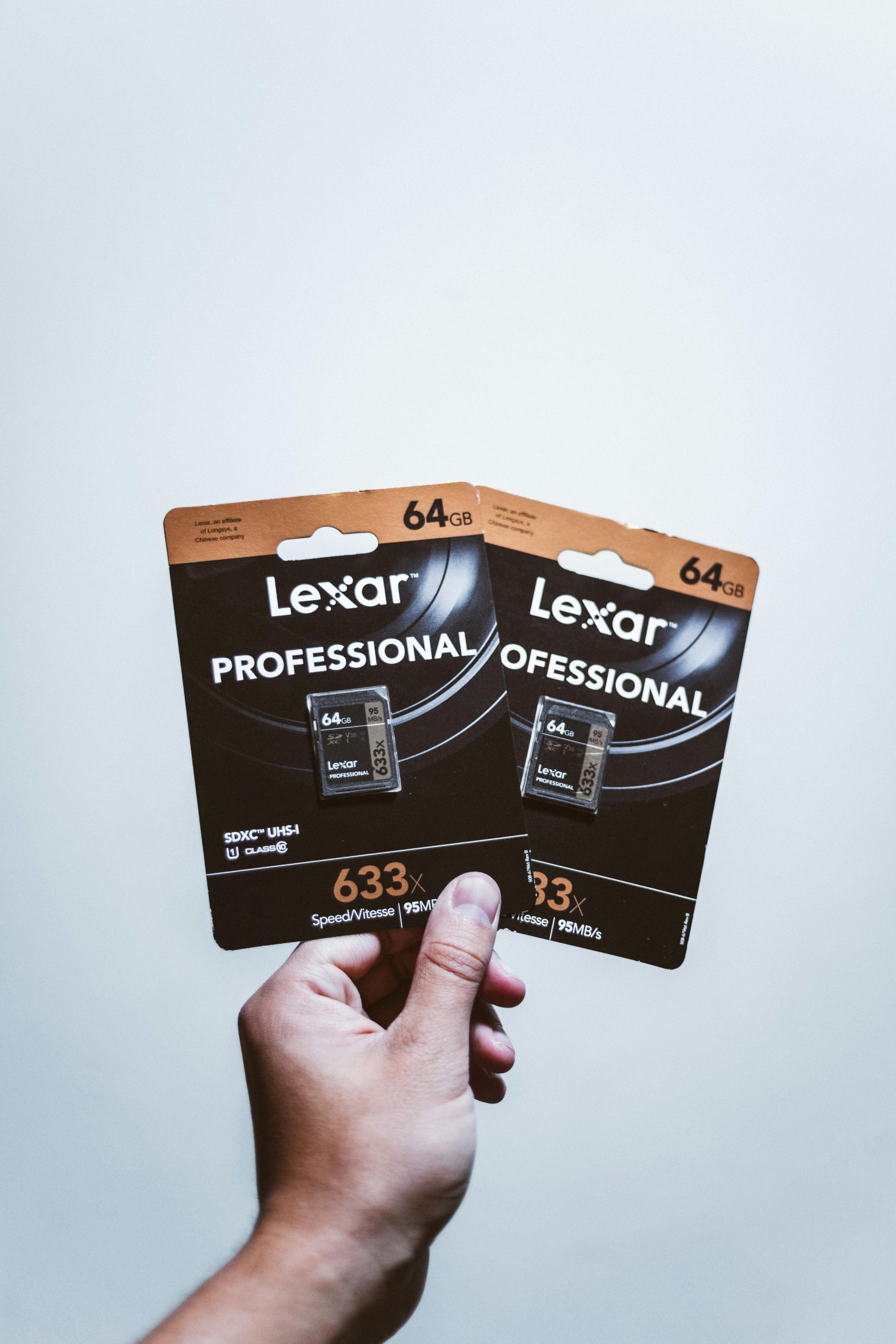Understanding Your Rights When Property is Damaged in Storage
When you place your belongings in a storage unit, you anticipate that they will be kept safe and secure. Many facilities, like the one in question, advertise climate-controlled environments to reassure customers that their items will be protected from temperature fluctuations and humidity. However, what happens when the reality does not meet these expectations?
One individual recently experienced a troubling situation regarding their stored property. After ten years, they discovered that their possessions had been moved multiple times to different facilities without their consent or knowledge—a clear breach of trust. When they finally retrieved their items, the condition was shocking: metal objects displayed rust and corrosion, wooden items were warped and cracked, valuable artwork had suffered from liquid stains, and various personal belongings were now covered in mold and carried an unpleasant odor.
Given these circumstances, several questions arise about the rights of the individual and the potential obligations of the storage company. The situation raises important legal implications, particularly concerning the breach of contract due to unauthorized movement of property and the unexpected damage despite assurances of a climate-controlled environment.
If you find yourself in a similar predicament, it’s critical to understand your rights. Legally, you may be entitled to compensation for the damages to your property, especially if the storage company failed to uphold their promises. The clear deterioration of items that were meant to be safeguarded underscores the necessity for storage facilities to maintain a standard of care that aligns with their advertised services.
As you contemplate your next steps, consider the following:
-
Document Everything: Take detailed photographs of the damaged belongings and keep records of any communications with the storage facility regarding your contract and their services.
-
Review Your Contract: Look closely at the terms of your storage agreement to identify any clauses related to liability for damage and the conditions under which your property should be maintained.
-
Seek Professional Advice: Consult with a legal professional who specializes in consumer rights or contract law. They can provide guidance on how to proceed and whether you have a viable case for seeking compensation.
-
Communicate with the Company: Reach out to the storage facility to express your concerns. A written complaint can help establish a record of your grievances.
In conclusion, if you believe your storage company has not upheld its end of the deal by causing damage to your property and mishandling your items, you may have recourse for receiving monetary compensation for the losses you’ve incurred. It’s essential to act promptly to protect your rights and



